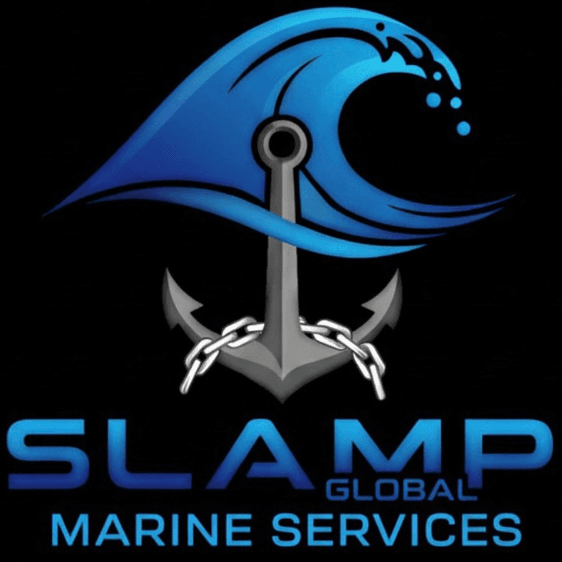Expert Tips for Effective Ship Management and Operation
SG
Understanding the Basics of Ship Management
Ship management is a complex field that involves overseeing the operations, maintenance, and administration of a ship. Effective ship management ensures the vessel operates safely, efficiently, and in compliance with international regulations. Understanding the fundamentals is crucial for anyone involved in maritime operations.
The primary responsibilities of ship management include crew management, technical maintenance, and ensuring regulatory compliance. A strong grasp of these duties can significantly enhance operational performance and safety.

Effective Crew Management
Crew management is a vital aspect of ship operations. It involves recruiting, training, and managing the crew to ensure smooth sailing. A well-trained and motivated crew is essential for maintaining high standards of safety and efficiency on board.
One key tip is to invest in continuous training programs. Regular training sessions keep the crew updated on the latest safety protocols and technological advancements. Additionally, fostering a positive work environment can boost morale and productivity.
Maintaining Technical Efficiency
Technical maintenance is critical to avoid potential breakdowns and ensure a ship's longevity. Regular inspections and maintenance schedules help in identifying and fixing issues before they escalate. Utilizing modern technologies can streamline this process, making it more efficient.
Implementing a robust maintenance management system can assist in tracking all aspects of the vessel's upkeep, from engine performance to electronic systems. This proactive approach minimizes downtime and enhances operational efficiency.

Navigating Regulatory Compliance
Regulatory compliance is non-negotiable in ship management. International regulations such as SOLAS (Safety of Life at Sea) and MARPOL (Marine Pollution) set the standards for safety and environmental protection. Staying updated with these regulations is imperative for legal operation.
Having a dedicated compliance officer or team can be beneficial. They ensure that all aspects of ship operation meet the required standards, thus avoiding legal issues and potential fines. Regular audits and checks can further reinforce compliance measures.
The Role of Technology in Ship Management
Technology plays an increasingly pivotal role in modern ship management. From advanced navigation systems to real-time data analytics, technology enhances decision-making processes and operational efficiency.
Investing in cutting-edge technology solutions such as Automated Identification Systems (AIS) and predictive maintenance tools can provide a competitive edge. These tools not only improve safety but also optimize fuel consumption and reduce operational costs.

Building a Sustainable Future
Sustainability is becoming a crucial focus in ship management. Reducing carbon footprints and implementing eco-friendly practices are not just regulatory requirements but also ethical responsibilities. Embracing sustainable practices can lead to long-term benefits for both the environment and business operations.
Measures such as optimizing route planning to reduce fuel consumption and investing in cleaner energy sources can significantly contribute to sustainability goals. Encouraging a culture of environmental awareness among crew members further supports these efforts.
Conclusion: The Path Forward
The future of ship management lies in continuous improvement and adaptation. By embracing new technologies, focusing on crew welfare, ensuring compliance, and committing to sustainability, ship operators can navigate the challenges of modern maritime operations effectively.
The key to success in ship management is a holistic approach that balances operational efficiency with safety and environmental responsibility. By implementing these expert tips, maritime professionals can steer their operations towards a more productive and sustainable future.
